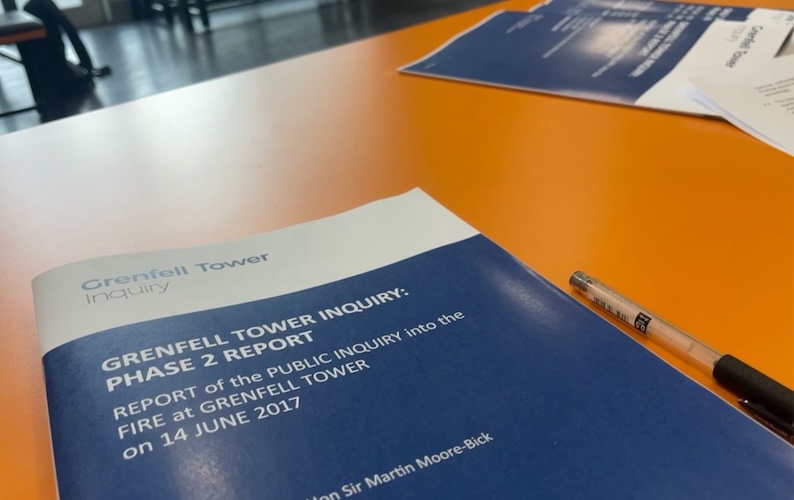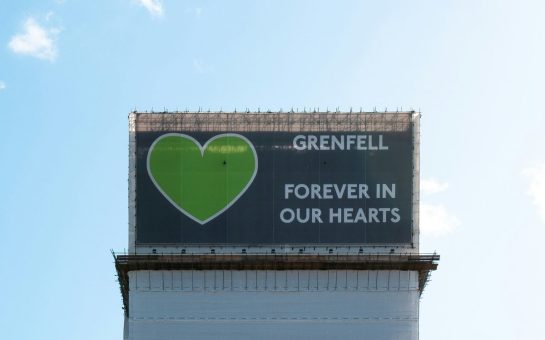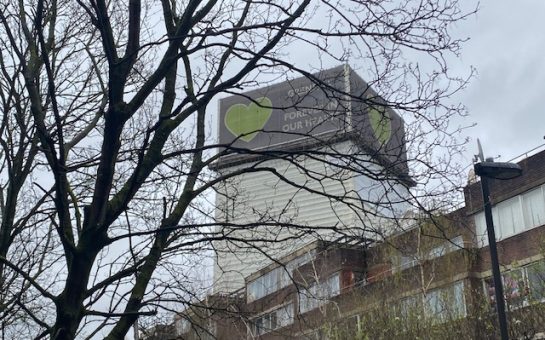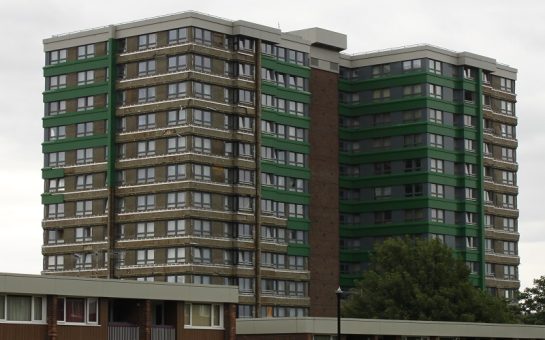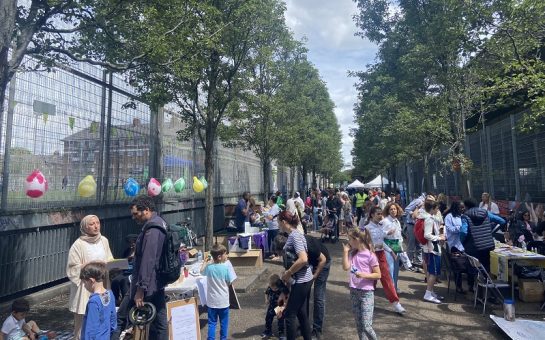Residents of Kensington and Chelsea spoke out during a drop-in session at Kensington Leisure Centre, the first since the publication of Phase 2 Report of the Grenfell Tower Inquiry, on 4 September.
Mary Sandy, whose family was displaced by the disaster and housed in hotels for seven months, described the “lies to cover lies”.
She has recently had issues with flooding in her council flat near Grenfell Tower, and yet her consistent attempts to refer this to the council over eight months were met with false responses claiming the issue had already been addressed.
Following two complaints to the council which were eventually upheld, she was issued an apology and £500 in compensation, which she has rejected.
She said: “I am ever so disappointed. I really thought that lessons would have been learnt.
“I do not like the way housing officers speak to residents, they have no respect, they don’t empathise.”
In response, a RBKC spokesperson said: “Our priority is providing safe, warm and good quality housing for our residents and we apologise for falling short on this occasion.
“We have used the experience to significantly improve how we track ongoing repair jobs through to completion.
“Since taking back control of housing in 2018, we have focused on improving both the condition of our residents’ homes and the efficiency of our repairs service.
“We are committed to becoming the best council for our residents and will continue to listen to our communities as we consider our full and formal response to the Phase 2 report from the Grenfell Tower Inquiry.”
The Phase 2 report described “a wider culture of concealment that had started at the top and filtered down to lower layers of management”.
The council has promised to “accept the Inquiry’s findings as the truth” in its response to the report.
The report is the final publication of the inquiry chaired by Sir Martin Moore-Bick, who was appointed on 29 June 2017, 15 days after the disaster which killed 72 people.
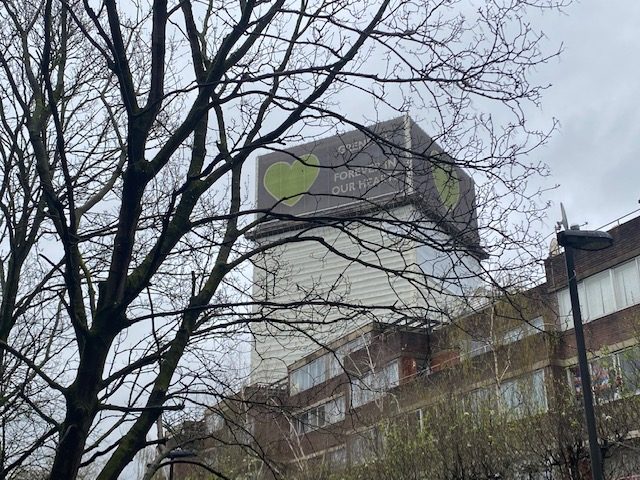
At the meeting, a brief introduction was given by Zoë Cave, Community and Neighbourhoods Partnership Manager.
The session then focused on face to face discussions for attendees to air their concerns.
Mary Harris, a resident of Treadgold House next to Grenfell Tower, described how pieces of burnt cladding had ended up in her garden, and the chemical contamination which led to the infamous ‘Grenfell Cough’.
Stephen Johnson, who has lived in social housing in Notting Hill since 1994, said: “It will take lots of work to rebuild trust, but we can only get there by being honest on the failings.”
Johnson is an active member of the community who is currently vice-chair of the Tenant Advisory Panel set up in 2019, and gave evidence to the inquiry.
He said: “It would be an honour to help in any way I can.”
This consultation with residents was the first of five meetings scheduled by the council this year.
Another drop-in session took place at the Chelsea Theatre on 24 September, while public meetings will take place on 7 October and 7 November.
A meeting with the council leadership team will happen after 13 November.
Separate meetings will take place with the bereaved and survivors.
The council plans to continue hosting drop-in sessions and public meetings into 2025.
